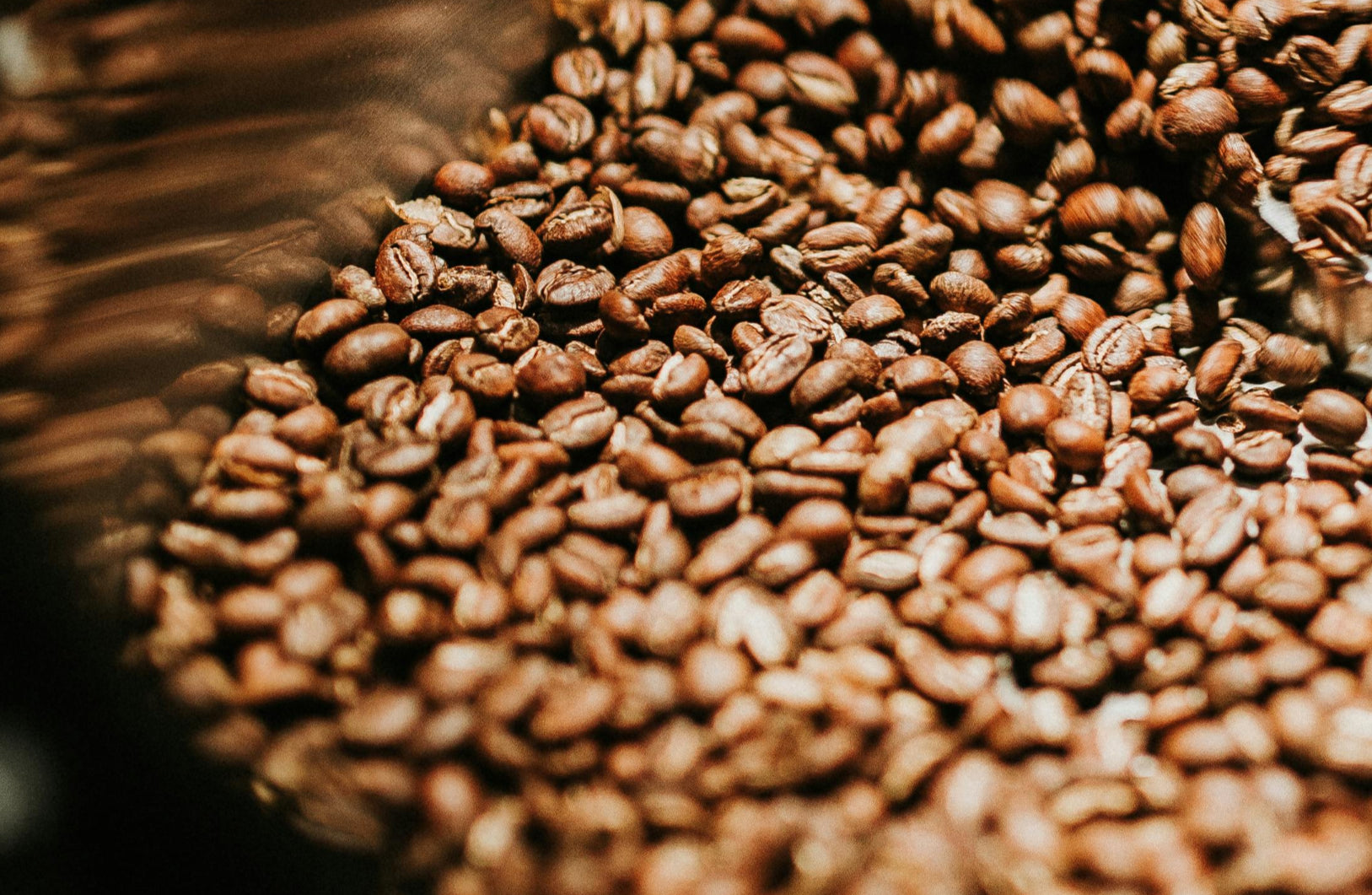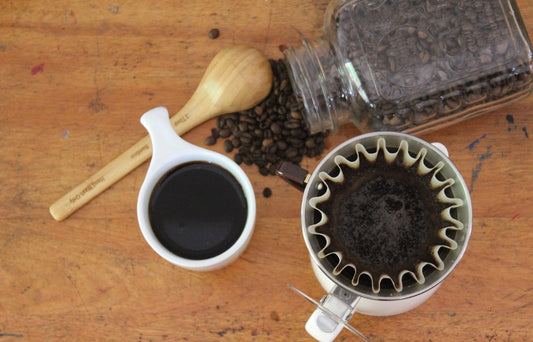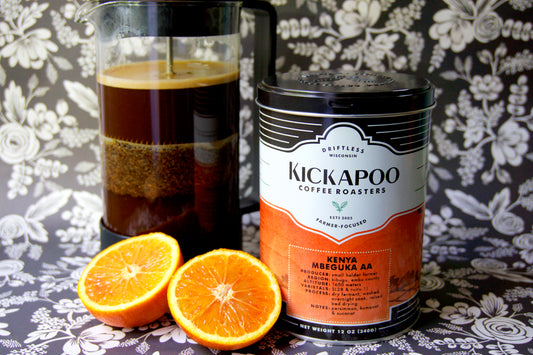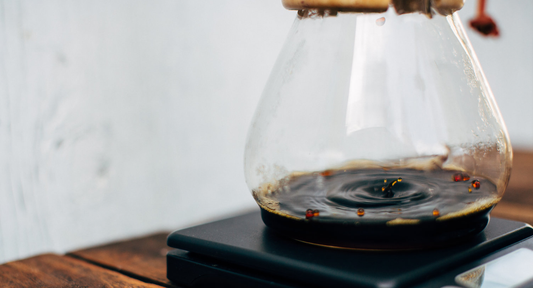
Blog
Blog

The Best Coffee You Can Make While Camping
I love to unplug and go camping. It’s nice to get away from the hectic pace of life and take in nature by camping, fishing, and hiking. I also love...
The Best Coffee You Can Make While Camping
I love to unplug and go camping. It’s nice to get away from the hectic pace of life and take in nature by camping, fishing, and hiking. I also love...

A Case For Manual Coffee Brewing
I put my automatic coffeemaker into storage several months ago. It was a pause that I had been contemplating for some time. I didn’t do it because I am giving...
A Case For Manual Coffee Brewing
I put my automatic coffeemaker into storage several months ago. It was a pause that I had been contemplating for some time. I didn’t do it because I am giving...

Coffee 101: Tips For Coffee Beginners
Across the country, the craft coffee movement is growing. Great roasters are popping up all over the place and the level that quality coffee has reached is phenomenal. It is...
Coffee 101: Tips For Coffee Beginners
Across the country, the craft coffee movement is growing. Great roasters are popping up all over the place and the level that quality coffee has reached is phenomenal. It is...

3 Tips to Enjoy Your First Black Coffee
Do coffee snobs set out to drink black coffee, or do black coffee drinkers naturally become coffee snobs? It sounds like a chicken and the egg problem, but it wasn't...
3 Tips to Enjoy Your First Black Coffee
Do coffee snobs set out to drink black coffee, or do black coffee drinkers naturally become coffee snobs? It sounds like a chicken and the egg problem, but it wasn't...

How To Use a French Press: Instructions from to...
One french press brew guide to rule them all. The french press coffee brewer is a classic, for many people it's their first introduction to decent coffee at home. But...
How To Use a French Press: Instructions from to...
One french press brew guide to rule them all. The french press coffee brewer is a classic, for many people it's their first introduction to decent coffee at home. But...

The Chemex Brew Guide: Compare Chemex recipes f...
This is the last Chemex brew guide you'll ever need. The Chemex is one of our favorite coffee brewers because it's easy to use, environmentally friendly, and makes an excellent...
The Chemex Brew Guide: Compare Chemex recipes f...
This is the last Chemex brew guide you'll ever need. The Chemex is one of our favorite coffee brewers because it's easy to use, environmentally friendly, and makes an excellent...
